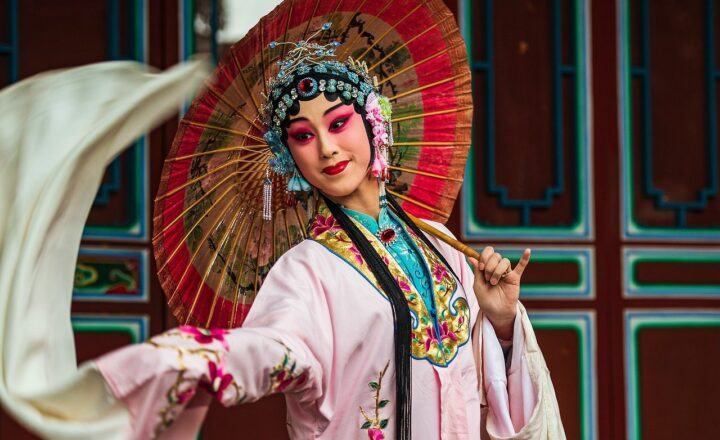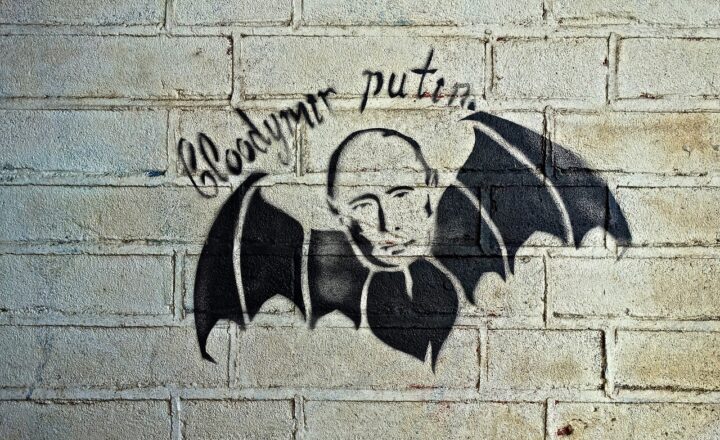Exploring Pop Culture: How the 2000s Defined Entertainment for a Generation
November 18, 2024

The 2000s were a transformative decade for entertainment, characterized by groundbreaking advancements in technology, the rise of the internet, and shifts in societal values. As we look back, it becomes evident that pop culture in the 2000s shaped a generation’s perceptions, preferences, and identities in profound ways.
1. The Influence of Music in the 2000s
In terms of music, the 2000s introduced us to a diverse spectrum of genres that catered to various tastes. The era marked the rise of pop, hip-hop, rock, and electronic music, each seeking to dominate the airwaves.
Popular artists like Britney Spears, Eminem, and Linkin Park not only topped the charts but also embodied the ethos of a generation that craved authenticity and self-expression. The advent of reality TV shows, such as “American Idol,” created stars overnight, forever changing the music landscape.
Moreover, the emergence of digital music platforms like iTunes revolutionized how we consumed music. This shift towards digital accessibility made it easier for listeners to explore new genres and artists, leading to unprecedented cultural exchanges. With social media burgeoning in the background, platforms like MySpace allowed musicians to reach audiences directly, fostering a sense of connection unheard of in previous decades.
2. Television: A New Era of Storytelling
Television in the 2000s saw an explosion in creativity and diversity of content. The rise of cable networks like HBO and Showtime introduced groundbreaking series such as “The Sopranos” and “The Wire,” which redefined the possibilities of storytelling on the small screen. These shows addressed complex themes, showcasing deeply flawed characters and intricate plots, which engaged viewers in ways traditional sitcoms and dramas could not.
Additionally, the impact of reality television cannot be overstated. Shows like “Survivor,” “Big Brother,” and “The Real World” hooked audiences with their mix of drama and competition. These reality shows altered the entertainment landscape, turning ordinary individuals into celebrities and creating a new class of influencers.
Furthermore, streaming services started to gain traction with the launch of platforms like Netflix. What began as a DVD rental service quickly evolved into a titan that offered an endless selection of content, further altering viewers’ habits and expectations surrounding television consumption.
3. The Rise of the Internet and Gaming Culture
The internet fundamentally changed how entertainment was consumed in the 2000s. Social media platforms emerged, enabling communication and content sharing on a global scale. MySpace and Facebook became cultural phenomena, allowing users to express themselves and connect with others, while YouTube, which launched in 2005, revolutionized how people consumed video content by democratizing content creation.
Video gaming transformed from a niche hobby to a mainstream form of entertainment. Consoles like the Xbox and PlayStation 2, combined with groundbreaking games such as “Halo” and “Grand Theft Auto: Vice City,” captured the imagination of millions. Gaming became not only a pastime but a viable social platform, where communities formed around shared interests.
The 2000s also saw the validation of gaming as an art form, with discussions surrounding narrative depth within games. Various titles began to tackle mature themes, such as existentialism, morality, and human relationships, drawing attention from critics and academics alike.
4. Fashion: A Reflection of the Decade
Fashion in the 2000s was eclectic, marked by a mash-up of styles that embraced individuality and self-expression. From low-rise jeans and cargo pants to bedazzled t-shirts and vibrant colors, the looks were as varied as the cultural influences that molded them.
Celebrities like Paris Hilton and Britney Spears became style icons, inspiring trends and setting beauty standards. The influence of hip-hop culture permeated mainstream fashion, with baggy jeans, oversized shirts, and sneakers gaining popularity among wider demographics. It was a time when streetwear began its ascent, paving the way for modern urban fashion.
A notable trend was the return of vintage clothing, driven by thrift culture and the desire for unique, affordable styles. This grew into a fashion revolution that encouraged sustainability and individuality in clothing choices as people sought to differentiate themselves from mass production.
5. The Impact of Social Issues on Entertainment
The 2000s were not only characterized by new forms of entertainment but also by the way that these forms addressed social issues. Programs like “The Daily Show” and “Saturday Night Live” seized political complexities and social dilemmas, using humor to provide commentary on critical issues like the Iraq War, climate change, and social inequality. The cultural conversations spurred by these shows became a catalyst for public discourse.
Furthermore, the decade saw a surge in representation within film and television, with increased visibility for minority groups and underrepresented communities. Movies such as “Brokeback Mountain” and “The Pursuit of Happyness” captured the nuances of human experience and challenged stereotypes, significantly influencing contemporary storytelling.
As society grappled with major events like 9/11, the entertainment industry found ways to respond to collective trauma and fear through various mediums, creating narratives that resonated with millions.
Conclusion: A Legacy that Endures
The pop culture of the 2000s left an indelible mark on the entertainment landscape, influencing not only those who lived through it but also future generations. As technological advancements continue to redefine how we create and consume entertainment, the echoes of the 2000s remind us of a time when innovation and cultural evolution took center stage.
From music and television to internet and fashion, the entertainment shaped by the 2000s set the foundation for the way art, media, and culture interact today. Understanding this decade’s significance allows us to appreciate the vibrant tapestry of influences that continue to shape modern entertainment and identity, proving that the impact of the 2000s will be felt for years to come.







